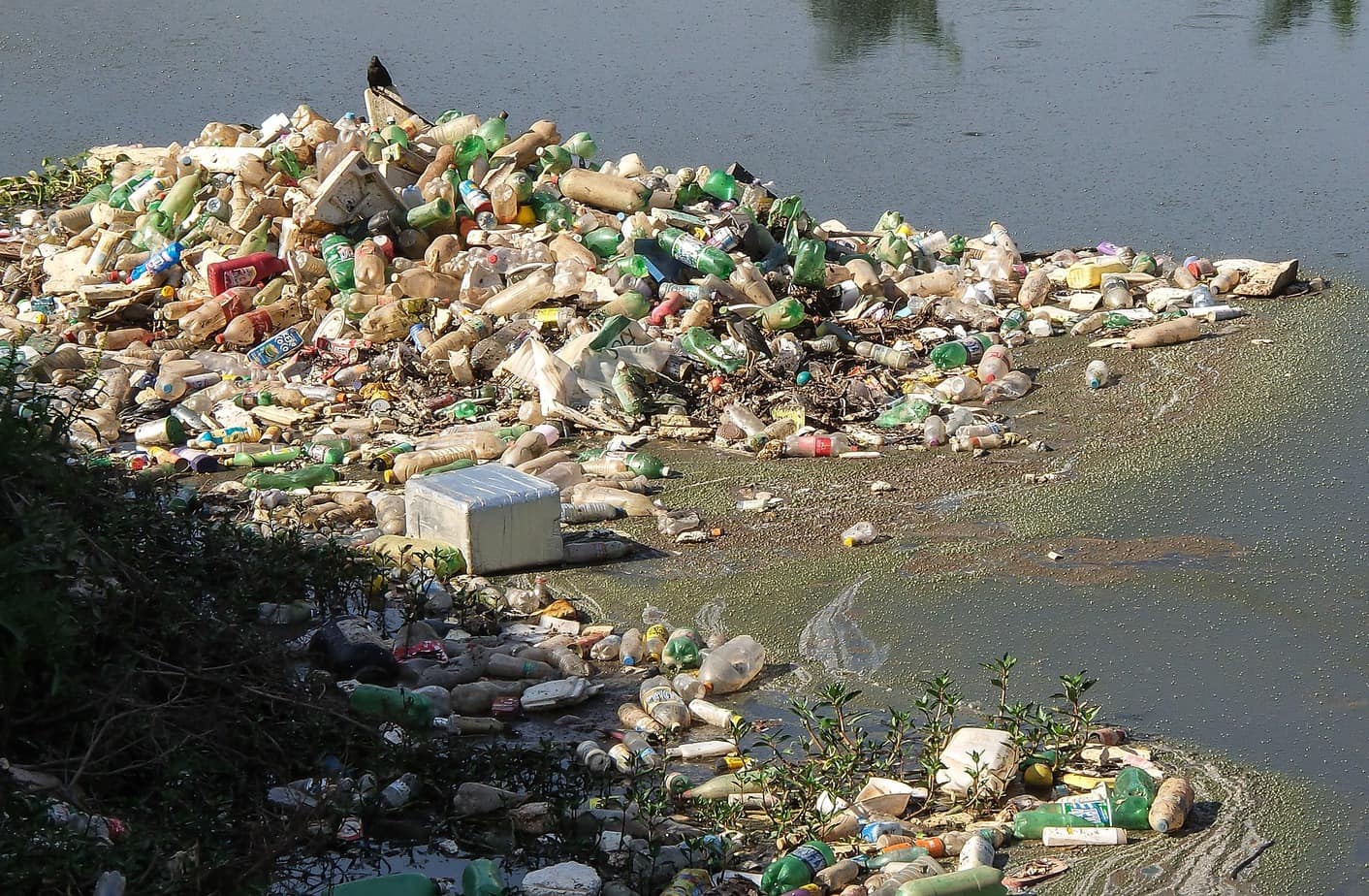The oceans are awash with our debris,
As plastics from our lives flow down the drain
And travel down hewn channels to the sea,
Where laced with man-made poisons they remain.
Through plankton they leach into the food chain,
As fish consume this fouled and tainted meal;
The plastics then cross over to their brain,
Affecting how they move, and eat, and feel.
Until they seep into our souls it is not real.

This is a Spenserian stanza, inspired by recent research which found that nanoplastics can enter into the brains of fishes, causing them brain damage.
Approximately 10% of all the plastic that we produce ends up in the oceans, where it can cause irreparable damage to the ecosystem. Some of the tiny nanoplastics (plastics that are on the scale of a nanometre, i.e. 1 billionth of a metre) enter the food chain when they are consumed by animal plankton. This study has demonstrated that upon eating the infected plankton, the plastics pass into the bloodstream of fish and are so small that they can permeate the blood-brain barrier and thus accumulate in the fishes’ brains.
The researchers in this study also demonstrated that fish which were found to have nanoplastics in their brains displayed strange behaviours, such as eating slower and being more reluctant to explore their surroundings. The researchers believe that these behavioural changes may be the result of brain damage brought about by nanoplastics in the brain. Further study is required to see if the nanoplastics accumulate in fish organs other than the brain, as if they do this will likely have severe implications for fish-eating humans and other animals.
An audio version of this poem can be heard here.